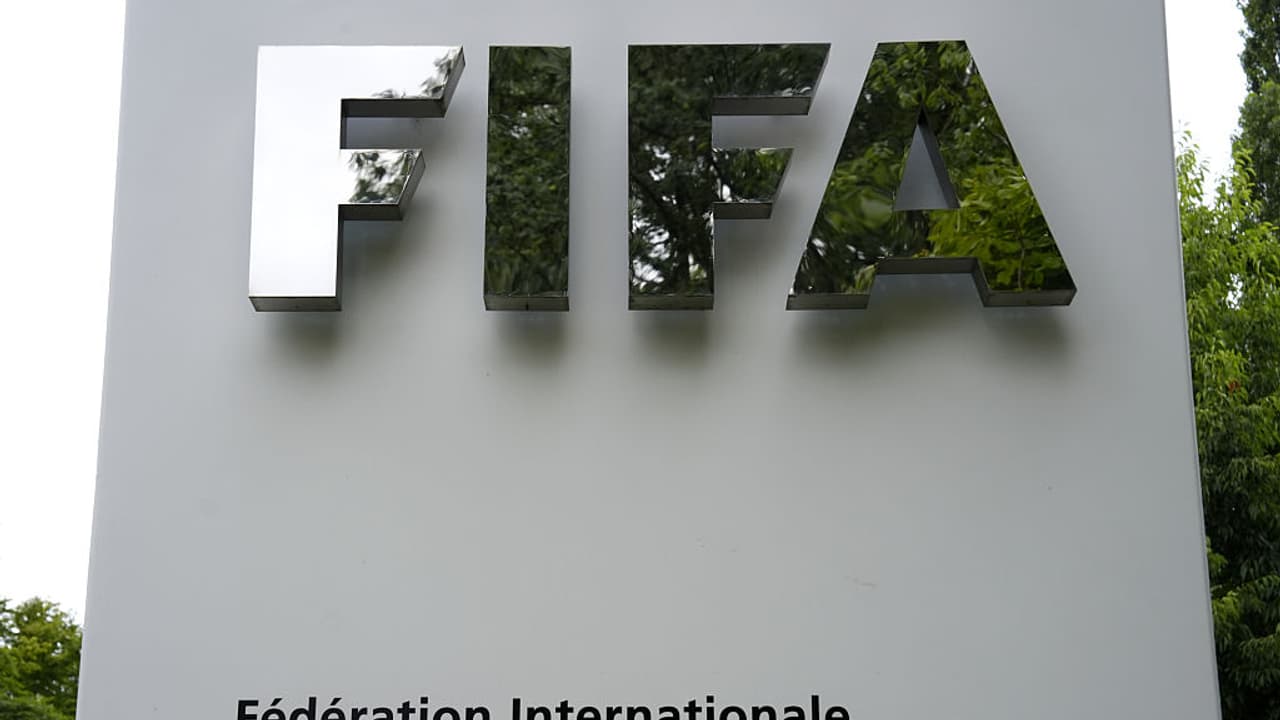FIFA Vice-President Victor Montagliani has firmly stated that FIFA alone will make decisions regarding the 2026 World Cup, directly refuting recent comments by US President Donald Trump.
FIFA vice-president Victor Montagliani has firmly stated that any decision regarding relocating matches at the 2026 FIFA World Cup will be made by FIFA itself-not by US President Donald Trump.
The clarification comes after Trump recently suggested that games could be moved away from host cities he labelled as “dangerous.”
“It’s FIFA’s Tournament”
Speaking at Leaders Week London inside the Allianz Stadium, Montagliani underlined football’s autonomy from political interference.
“It’s FIFA’s tournament, FIFA’s jurisdiction, FIFA makes those decisions,” he told reporters, brushing off Trump’s comments.
FIFA president Gianni Infantino maintains a warm rapport with Trump, yet Montagliani doubled down that no head of state-however influential-determines host city logistics.
Trump’s Controversial Remarks
Last week, Trump sparked controversy after claiming his administration would ensure cities deemed unsafe would not be allowed to host matches.
“If any city we think is going to be even a little bit dangerous for the World Cup… because they’re playing in so many cities, we won’t allow it,” Trump said. He specifically criticized Seattle and San Francisco, calling them “run by radical left lunatics who don’t know what they’re doing.”
Seattle’s Lumen Field is scheduled to host six matches at next summer’s finals, while Levi’s Stadium in Santa Clara-just outside San Francisco-has six games of its own confirmed.
Football Beyond Politics
Montagliani dismissed the noise, stressing that football, unlike political debates, transcends governments.
“With all due respect to current world leaders, football is bigger than them, and football will survive their regime and their government and their slogans,” he said.
When asked whether the growing political rhetoric in the US created headaches for FIFA, Montagliani cracked a joke:
“It depends, you know. Motrin more than Tylenol-although we’re not allowed to have Tylenol any more!”
He was referencing a recent US administration announcement linking paracetamol use in pregnancy to autism in children-claims dismissed by the World Health Organisation, which insists there is “no conclusive evidence,” urging expectant mothers instead to rely on their doctors’ advice.
“The beauty of our game,” Montagliani added, “is that it’s bigger than any individual, and bigger than any country.”
Scheduling Battles and European Fans
Attention is now turning to the match scheduling for 2026. With soaring summer heat expected across North America, FIFA will carefully consider kick-off times to balance comfort for players, safety for fans, and television broadcast demands.
He confirmed FIFA is in “daily conversations” with European broadcasters on match timing to minimize disruption. Stadiums with retractable roofs and air-conditioning-such as those in Atlanta, Dallas, and Los Angeles-could host afternoon kick-offs. Still, Montagliani admitted compromises are inevitable.
“Will every game have the perfect time for TV? I don’t know, because there are a lot of games. But all those factors will be taken into account.”
Expansion Debate: 2026 vs. 2030
The FIFA vice-president also addressed speculation about enlargement of future tournaments.
On one hand, he dismissed South America’s push to expand the centenary World Cup in 2030 from 48 teams (already announced) to 64, saying neither UEFA nor the Asian confederations supported the idea.
“I don’t see the argument for 64 teams,” Montagliani stressed.
On the other hand, he embraced discussion about expanding the Club World Cup, due in 2029, from its 32-team format to 48 teams after what he deemed “a massive success” in its most recent edition.
“We need to work out what’s feasible,” he explained, “including possible changes to the number of teams and limits on entries from each country.”
Football First, Politics Later
As tensions rise between political agendas and the global game, Montagliani’s words made clear FIFA’s stance: the World Cup belongs to football-not presidents, not governments.
